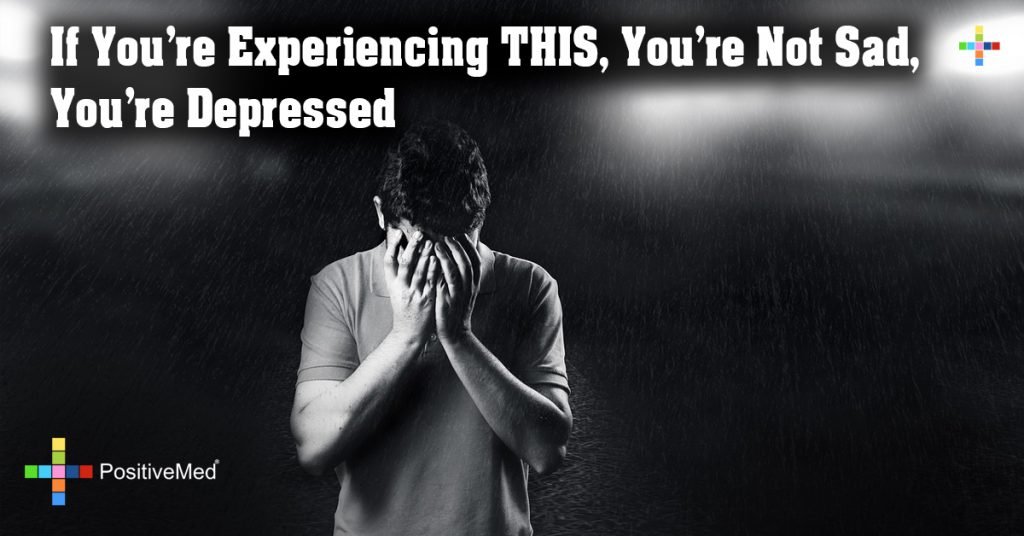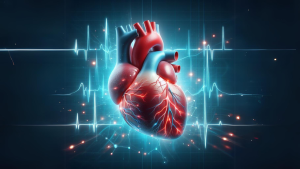
Here’s What Wikipedia Doesn’t Tell You about Depression
There is a significant distinction between being sad and being depressed. While they are similar on the surface, the impact of depression is much more devastating and more debilitating than sadness, lasting longer and substantially interfering with the functions of everyday life. Although there are some things that can be discovered through information sites like Wikipedia, there are simply some things that these types of sites will not reveal. There are distinct signs that can help identify if you or a loved one is suffering from depression.
The Distinction between Depression and Sadness
While everyone feels sad at some point, the feeling of sadness usually subsides quickly. Conversely, a person who is suffering from depression will experience severe despair and sadness that will last for a minimum of two weeks. According to the American Psychological Association, people who are suffering from depression tend to feel hopeless and helpless. There is also a proclivity to blame themselves for having these types of feelings. Depression also interferes with common daily functionality, making simple tasks, such as eating, sleeping, and household chores extremely challenging.
It is immensely important for parents to be able to recognize the signs of depression in youth because childhood depression is the leading cause of suicide among youth.
RELATED ARTICLE: 10 Things You Should Never Say to Someone With Depression
The Cause of Depression
The origin and cause of depression can be extremely complex, due to the multitudinous factors that contribute to its development, such as genetic predisposition, chemical imbalances in the brain, emotional trauma or strain, psychological issues, social issues, and environmental influences. Depression is generally a symptom and indicator that a person’s mental, emotional, and physical capacities are out of sync. Certain chronic or terminal illnesses, such as cancer or heart disease are sometimes accompanied by depression. Other causes include sudden, unexpected changes, loss of a loved one, and loss of control in some area of life.
RELATED ARTICLE: Causes and Treatment of Depression
Symptoms and Signs of Depression
The first step in successfully treating depression is to identify it and to get properly diagnosed so that the appropriate treatment can be received. In order to increase the chance of being able to recognize depression, it is important to understand some common signs and symptoms that are associated with clinical depression. According to WebMD, some of the most common causes of depression are:
- Difficulty remembering details, concentrating on tasks, and making decisions.
- Irrational feelings of guilt accompanied by a sense of helplessness and hopelessness.
- Irritability and restlessness
- Fatigue and decreased energy, making the person more lethargic than usual
While suicidal ideation can also be a symptom of depression, it should be viewed as a possible precursor to suicide attempts; therefore it is imperative that the person struggling with suicidal ideations gets the necessary help to confront those negative thoughts.
RELATED ARTICLE: Depression Isn’t Always What You Think, 20 Subtle Signs of Depression!
The Types of Depression
There are different types of depression. Some of the most common forms of depression include:
- Major Depression
- Chronic Depression (Dysthymia) – a less severe form of depression that impacts millions
- Atypical Depression – a form of depression that does not display the typical symptoms and signs of depression
- Postpartum Depression
- Seasonal Depression – many people tend to struggle with depression during certain times of the year.
All of these different forms of depression can occur in varying degrees from mild to severe. Even when a person is experiencing mild symptoms, depression should never be underestimated, because it can very easily be progressive. It is best to seek professional help in order to gauge the severity of the illness so that the appropriate measures can be taken.





